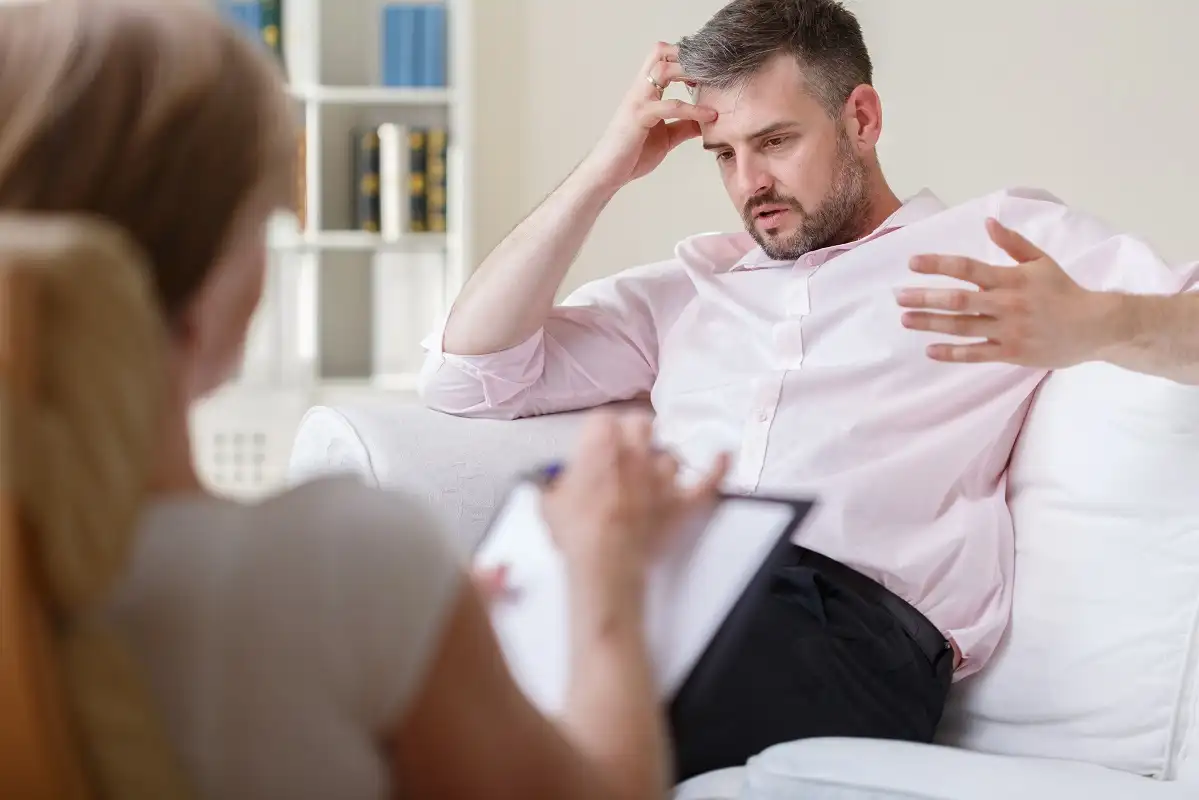
If these sound true, you might feel embarrassed to open up about what you’re going through, even to family and friends. Therapy provides a non-judgemental space to talk freely about what’s bothering you. You don’t have to keep putting yourself last, caring for everyone else before you take care of yourself.

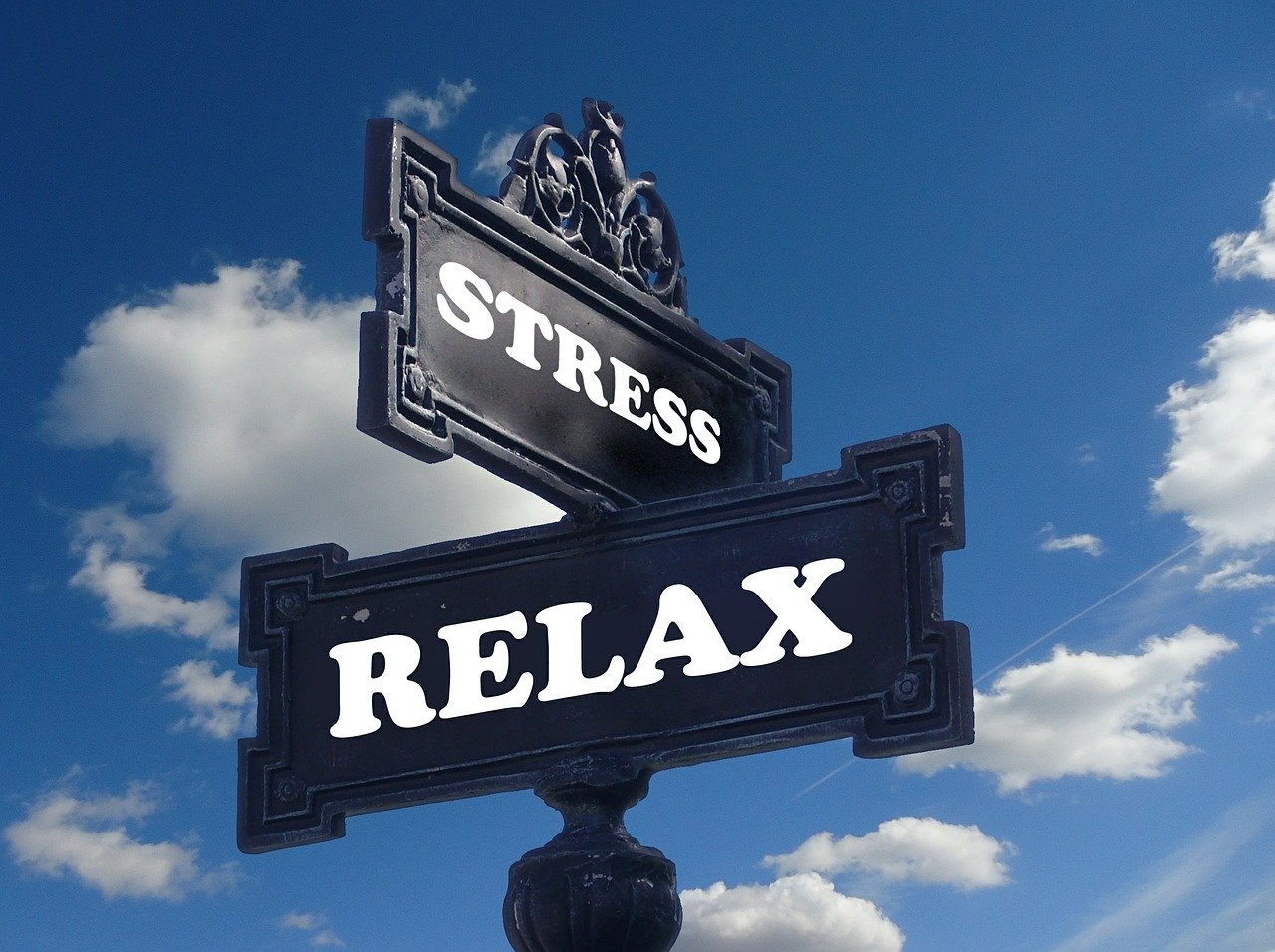
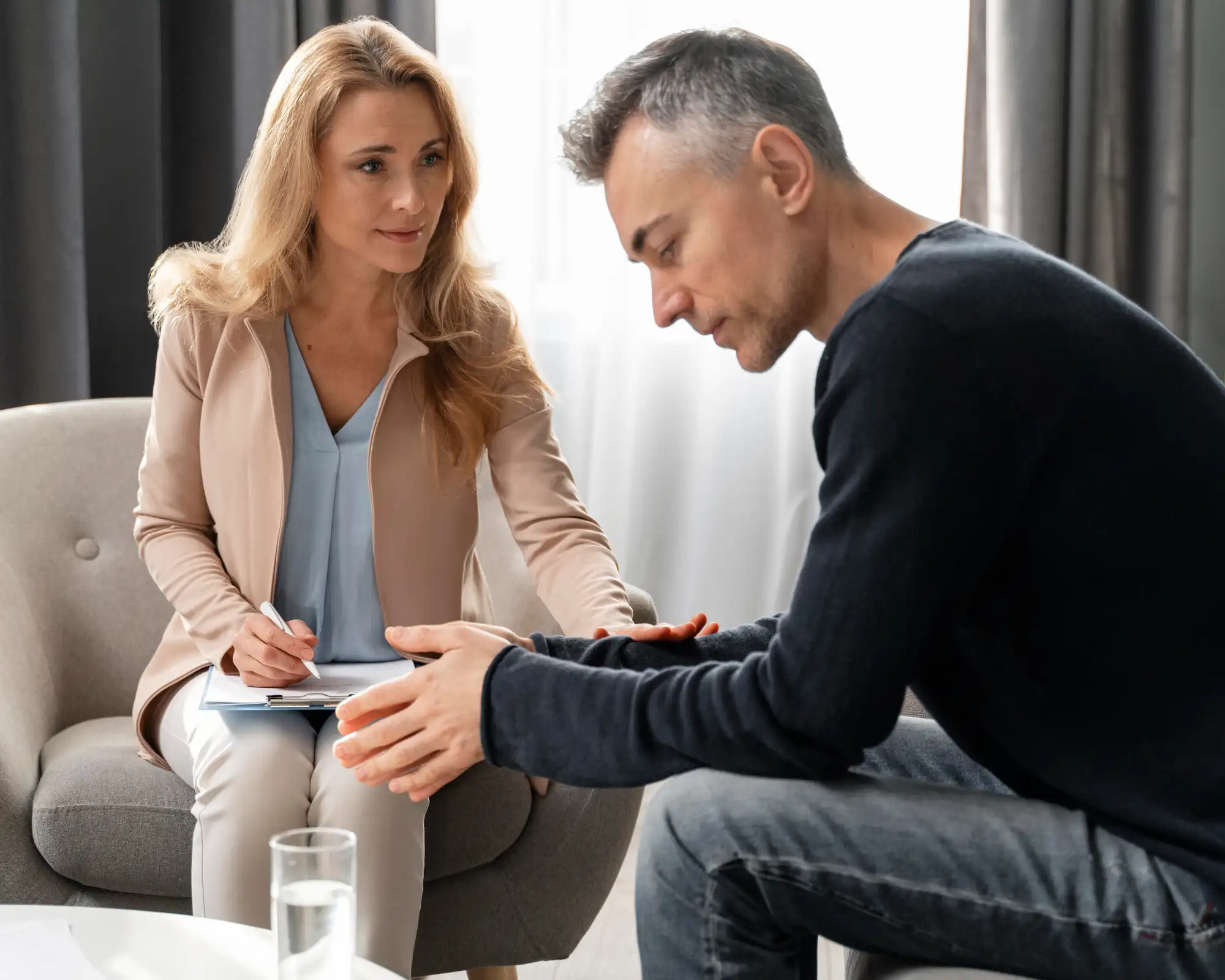
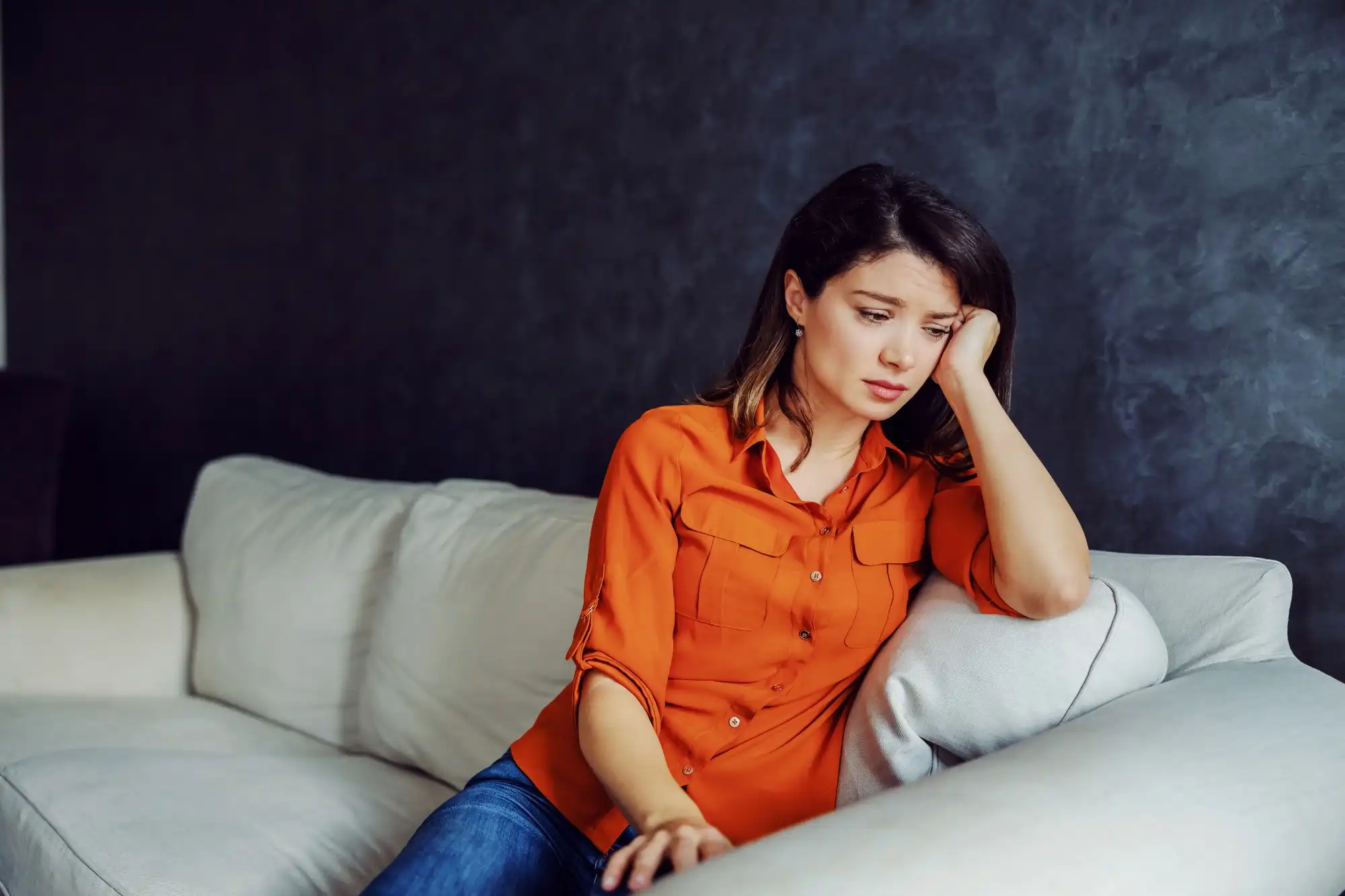
CBT and Exposure for Anxiety Disorders and Exposure and Response Prevention for OCD consists of 60-minute, one-on-one sessions that help you work on your current problems. In addition to listening, I will guide you toward solutions and share what the science tells us about what’s going on for you. I play an active role. Here’s how it will work step-by-step:
Research shows that CBT can positively change your thinking, beliefs, emotions, and behaviors. It can help you let go of what’s holding you back.

Cognitive Behavior Therapy (CBT) is an active and collaborative talk therapy scientifically proven to be effective for the treatment of anxiety disorders, depression, OCD, and many other conditions. CBT aims to reduce symptoms in a short period of time by focusing on present areas of concern and exploring how our thoughts impact how we feel and what we do. By identifying and changing unhelpful or unhealthy thinking styles and incorporating tools and problem-solving strategies learned in therapy, you can experience relief in your symptoms.
Exposure and Response Prevention (ERP) is a type of CBT used for OCD. It entails confronting your fears, such as thoughts, images, and urges, and making a choice not to engage in the compulsion or rituals when experiencing anxiety. Over time and with repetition, you will learn to tolerate the discomfort and learn that this anxiety is not dangerous or threatening.
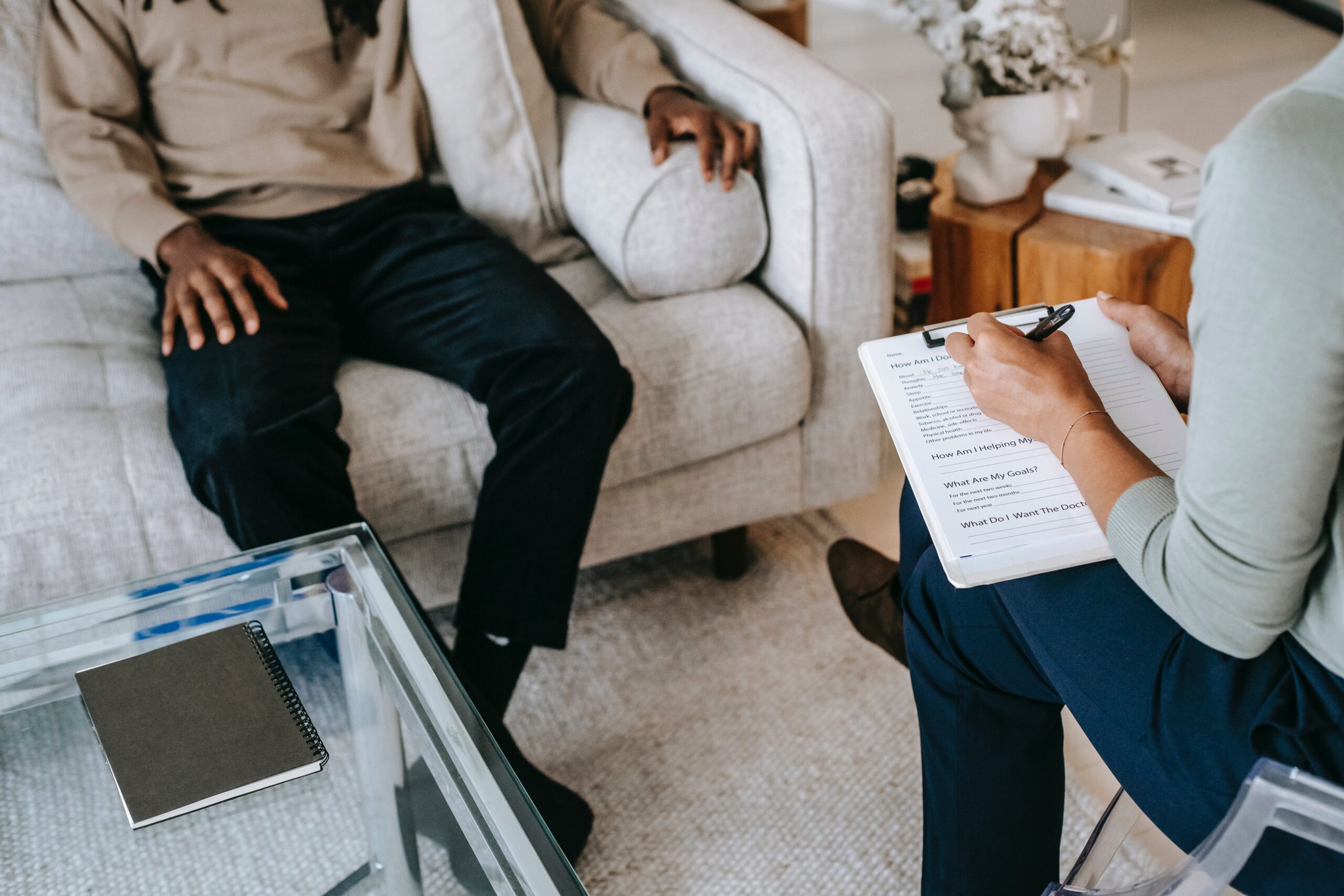
Confronting the things that make you anxious without giving in to the compulsions sounds crazy. After all, you know these compulsions do work and immediately lessen your distress. But compulsions or avoidance teaches your brain that there is an actual threat and makes it more likely for the intrusive thoughts to intensify. Instead, you want to learn that anxiety does not last, and by gradually approaching your fears, you may find that with repetition, anxiety actually diminishes on its own without compulsions. You will learn anxiety is uncomfortable but not dangerous. ERP teaches you that your predicted fears are unlikely to happen. Altogether, this will reduce your urge to ritualize, thus eliminating the behaviors that have made anxiety grow.
Exposure Therapy- is also used in the treatment of anxiety disorders. In a similar manner, you are confronting your fears and anxiety-provoking situations and gradually approaching your fears (e.g., driving, flying, needles, dogs) and uncomfortable body sensations (racing heart, rapid breathing,
Exposure is done in vivo by making a list of your fears or a list of things you are avoiding. Anxiety is debilitating, and facing these fears in a way that facilitates learning that may you be uncomfortably anxious but not in danger. In certain situations, when your fears are related to something in the future that you are dreading will happen or anxiety from intrusive thoughts or urges that are disturbing or unacceptable, we can use imaginal exposure, which entails facing your fears by imagining vividly, listening to or reading a descriptive story or script.
Acceptance Commitment Therapy has proven to be quite effective with OCD and Anxiety disorders. It is a type of CBT therapy that aims to help you accept your thoughts and feelings, observe them mindfully without judging or changing them, and proceed to act in a way that aligns with your values. You can have anxiety and still stay true to who you are or who you aspire to be. The mindfulness component will help you stay present and will allow you to observe your thoughts and feelings or internal sensations without judging or fighting to push them away. This approach will teach you to relate to your thoughts differently, to observe your thoughts as if you were watching a play in the theater instead of being caught up in the show itself.
ACT can amplify the benefits of exposure by getting you to lean into the anxiety while observing your thoughts and feelings with curiosity. This brings on a paradoxical benefit: when you stay curious about the anxiety, accepting and observing nonjudgmentally, the discomfort is lessened, and it fades more quickly.
In-person and Online Therapy